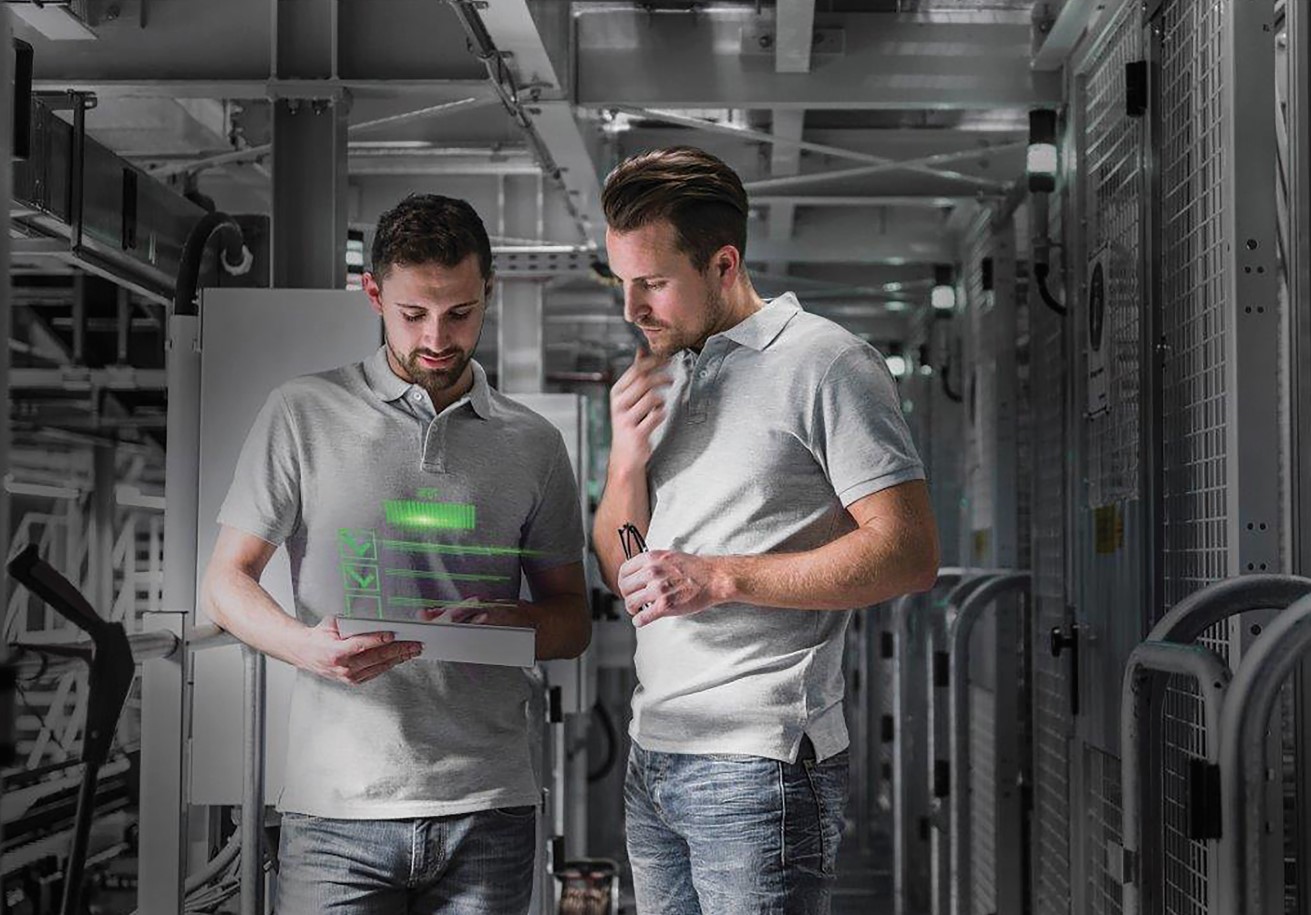The influence of Artificial Intelligence (AI) in smart manufacturing is growing rapidly. Artificial Intelligence, according to the ARC Advisory Group, applies to any device that perceives its environment and takes actions that maximize its chance of success toward some goal. This includes a vast range of technologies, such as traditional logic and rules-based systems, that enable computers to solve problems in ways that at least superficially resemble thinking.
copyright by www.arcweb.com
 According to a recent Accenture Artificial intelligence (AI) research report , corporate profits will increase by an average of 38% by 2035 in large part thanks to a more advanced deployment of Artificial Intelligence into financial, IT and manufacturing applications. But at this early stage of AI implementation, is it still not clear how it will be deployed across many possible use cases. Assessments of risk/reward scenarios are being evaluated and many organizations are unsure of how and when to dip their toes into the AI pool.
According to a recent Accenture Artificial intelligence (AI) research report , corporate profits will increase by an average of 38% by 2035 in large part thanks to a more advanced deployment of Artificial Intelligence into financial, IT and manufacturing applications. But at this early stage of AI implementation, is it still not clear how it will be deployed across many possible use cases. Assessments of risk/reward scenarios are being evaluated and many organizations are unsure of how and when to dip their toes into the AI pool.
Benefits of AI in Smart Manufacturing
The benefits of AI can include performance enhancement, cost control, optimization of processes, shortened product cycle development times, and improved efficiency. The value-add of AI also includes 24×7 availability and the capability of machines to learn through experience. In addition, the cost of entry can be very low (depending on the complexity of the application), and savings can be high as a result of very short payback periods. In that respect, it’s worth distinguishing between the learning phase that can require cloud computing and the operational phase that can be much less demanding in terms of computing.
AI also changes the way machine operators perform their jobs and can help capture the knowledge of skilled workers as they transition into retirement. New generations of workers that come into the industrial workforce will start rejecting antiquated process tools and look towards AI as a source of job enrichment notably through robotic process automation for repetitive human actions.
In effect, AI will represent a new way for humans and machines to work together, to learn about predictive tendencies, and to solve complex problems. For example, the challenge today in managing a process that requires tight control of temperatures, pressures and liquid flows is quite complex and prone to error. Many variables need to be factored in to achieve a successful outcome; too many, in fact, for the human brain to resolve on its own. Now, with AI supporting operational decisions, critical factors such as safety, security, efficiency, productivity and even profitability can be optimized. Another example is how AI can help humans for quality inspection providing them with vision analysis and sound analysis. […]
read more – copyright by www.arcweb.com


The influence of Artificial Intelligence (AI) in smart manufacturing is growing rapidly. Artificial Intelligence, according to the ARC Advisory Group, applies to any device that perceives its environment and takes actions that maximize its chance of success toward some goal. This includes a vast range of technologies, such as traditional logic and rules-based systems, that enable computers to solve problems in ways that at least superficially resemble thinking.
copyright by www.arcweb.com
Benefits of AI in Smart Manufacturing
The benefits of AI can include performance enhancement, cost control, optimization of processes, shortened product cycle development times, and improved efficiency. The value-add of AI also includes 24×7 availability and the capability of machines to learn through experience. In addition, the cost of entry can be very low (depending on the complexity of the application), and savings can be high as a result of very short payback periods. In that respect, it’s worth distinguishing between the learning phase that can require cloud computing and the operational phase that can be much less demanding in terms of computing.
AI also changes the way machine operators perform their jobs and can help capture the knowledge of skilled workers as they transition into retirement. New generations of workers that come into the industrial workforce will start rejecting antiquated process tools and look towards AI as a source of job enrichment notably through robotic process automation for repetitive human actions.
In effect, AI will represent a new way for humans and machines to work together, to learn about predictive tendencies, and to solve complex problems. For example, the challenge today in managing a process that requires tight control of temperatures, pressures and liquid flows is quite complex and prone to error. Many variables need to be factored in to achieve a successful outcome; too many, in fact, for the human brain to resolve on its own. Now, with AI supporting operational decisions, critical factors such as safety, security, efficiency, productivity and even profitability can be optimized. Another example is how AI can help humans for quality inspection providing them with vision analysis and sound analysis. […]
read more – copyright by www.arcweb.com
Share this: